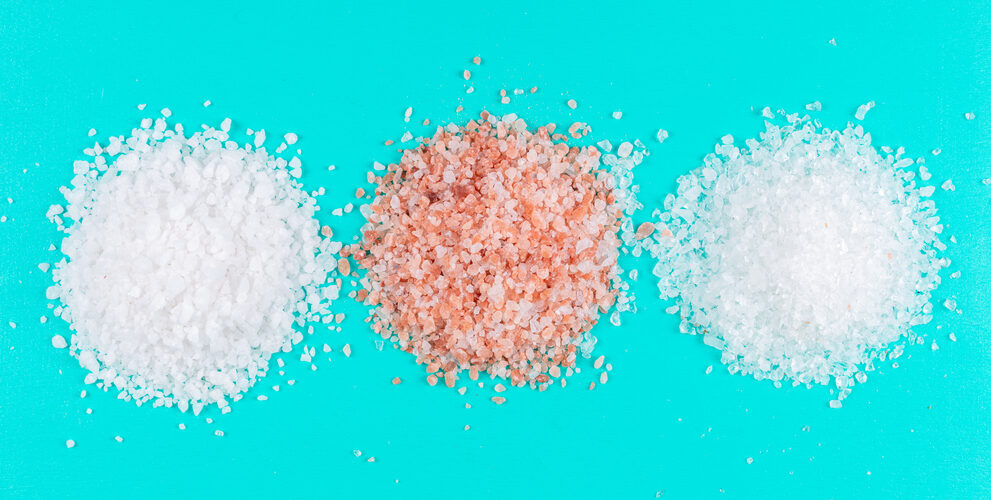Fact Check: Should kids snack on flaky sea salt?
Sea salt has trace minerals but doesn’t justify giving it to kids as a snack, experts clarify
Author
Author
- admin / 8 months

- 0
- 3 min read

Author
Claim: Children wanting salt and parents feeding them flaky sea salt is a healthy sign.
Fact: Children do crave sodium and nutrients than adults, but it is not advisable to give them salt flakes as snacks.
First Check received a query from one of our readers through our tipline +91 9311223141 for a fact-check on an Instagram post. The post talks about how flaky sea salt is more beneficial for children than sweet treats.
“Most kids beg for candy… mine? They come running for flaky sea salt like it’s a gourmet dessert,” the caption reads.
The video claims that flaky sea salt is rich in minerals and nutrients, suggesting that such cravings for salt are both healthy and beneficial.
What’s the fact?
Dr Vinod Chabbra, a nutritionist, who previously worked at the AIIMS, New Delhi says that consuming salt as a snack isn’t good for children.
“Children generally prefer both sweeter and saltier tastes compared to adults. i t comes from their biology and growth needs. This can be explained by looking into evolutionary biology, as growing children once needed more sodium and calories than adults, especially when such nutrients were scarce in the diet,” Dr Chabbra tells First Check. “However, in today’s food environment, most children already consume more salt than recommended, which can contribute to health issues later in life.”
He explains that the cravings are normal but parents shouldn’t be letting children have salt as a snack.
“Salt cravings in children are not inherently abnormal. Kids may crave salt if their bodies are lacking certain minerals or if there is an imbalance, sometimes related to adrenal gland function or chronic inflammatory conditions.” Dr Chabbra says. “However, a craving for salt does not necessarily mean a child should be given more salt, especially in the form of pure flakes. In fact, excessive salt intake in childhood can lead to increased risk of hypertension and other health problems as children grow older.”
Excess salt, according to Dr Chabbra, may be harmful for children as their kidneys might not be able to process it.
“Public health guidance generally advises against adding salt to baby and toddler foods, especially before the age of one, as young children’s kidneys are not fully developed and may struggle to process excess sodium,” he cautions.
As for sea salt, Dr Chabbra says that despite some trace minerals it is not replaceable as a healthy diet. “It is mostly just sodium chloride, I would certainly recommend Iodized salt or any other salt,” he stresses.
Also read: https://firstcheck.in/iodine-deficiency-himalayan-salt-risk/
Do you have a health-related claim that you would like us to fact-check? Send it to us, and we will fact-check it for you! You can send it on WhatsApp at +91-9311223141, mail us at hello@firstcheck.in, or click here to submit it online.










